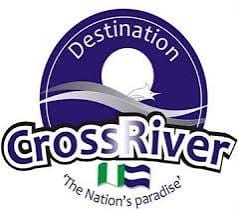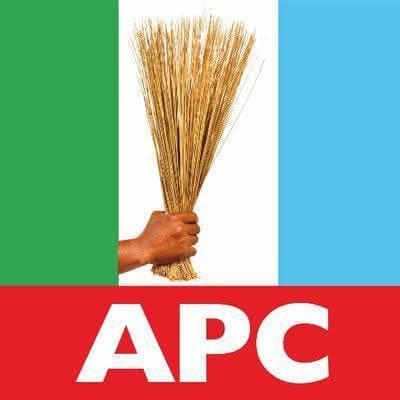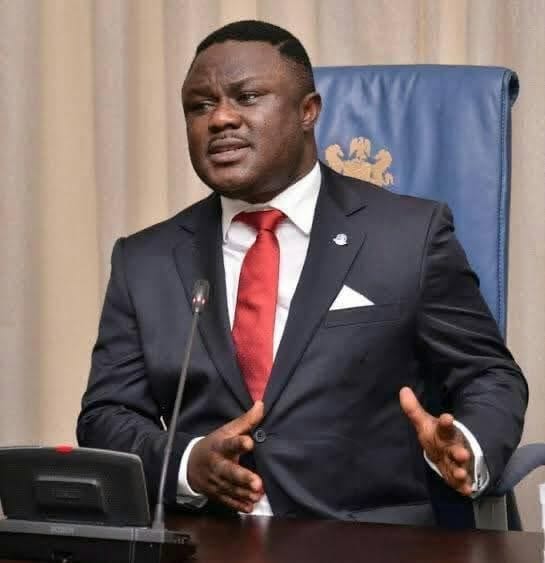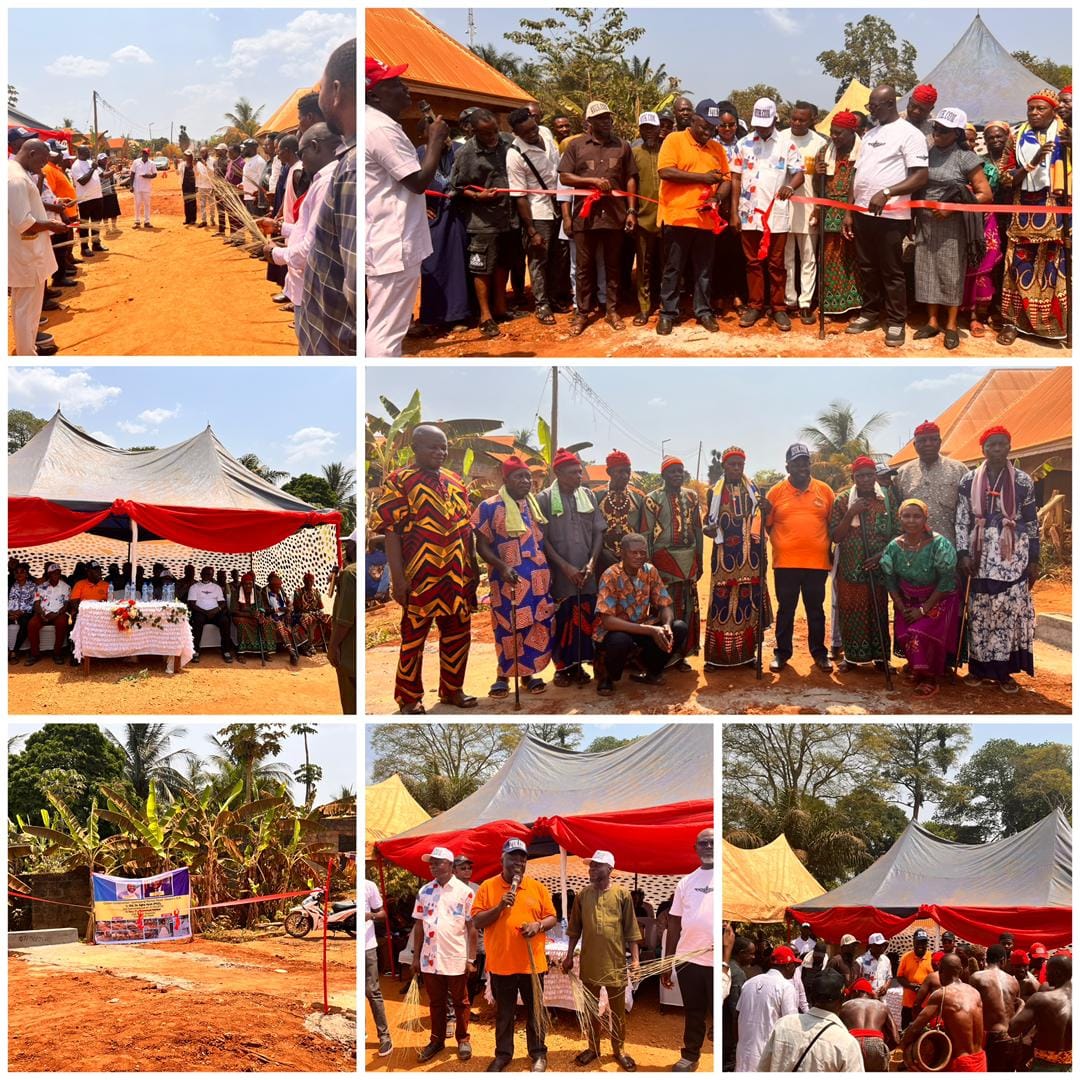…Says new federal boundary findings confirm 67 oil wells lie within Cross River territory
The Cross River State Government has firmly restated its claim to the long-disputed 76 oil wells, describing recent assertions by the Akwa Ibom State Government as “misleading, historically inaccurate, and an attempt to suppress the truth.”
In a strongly worded press statement issued by the Commissioner for Information, Dr. Erasmus Ekpang, the government condemned the July 24 press release by Uko Udom, the Attorney General and Commissioner for Justice of Akwa Ibom State, over the oil well dispute, saying it was riddled with “misrepresentations and outright falsehoods.”
“Ordinarily, the Cross River State Government would refrain from litigating such a sensitive matter in the court of public opinion,” the statement noted. “However, the scale of misinformation being pushed by Akwa Ibom necessitates a factual and dignified response.”
According to the Cross River Government, the root of the dispute dates back to the 2002 International Court of Justice (ICJ) judgment, which ceded only the southern portion of the Bakassi Peninsula to Cameroon. The western part of Bakassi, it clarified, remained within Nigerian territory and under the jurisdiction of Cross River State.
The implementation of the ICJ judgment through the 2008 Green Tree Agreement and the establishment of the Cameroon-Nigeria Mixed Commission was meant to facilitate maritime boundary mapping. However, before this mapping exercise was concluded, the National Boundary Commission (NBC) and the Revenue Mobilization Allocation and Fiscal Commission (RMAFC) convened a retreat in Kano in August 2008. It was during this retreat that they controversially applied the “technical option” to reassign the 76 oil wells to Akwa Ibom State.
Cross River State insists that it was excluded from the retreat despite having no boundary dispute with Akwa Ibom prior to that date. The statement further pointed out that Akwa Ibom had previously advocated for the “historic title option” in a similar boundary dispute with Rivers State, an option that was conveniently ignored in the case with Cross River.
The matter took a significant turn in March 2024 when Governor Bassey Otu was briefed that a number of oil wells in OMLs 114 and 123 were located within Cross River’s maritime boundaries, yet the state received no revenue from them. The Governor, acting promptly, petitioned the RMAFC, which led to the constitution of an inter-agency committee comprising the Office of the Surveyor General of the Federation, the National Boundary Commission, and the Nigerian Upstream Petroleum Regulatory Commission. Surveyors-General from Akwa Ibom, Cross River, Abia, Anambra, and other oil-producing states participated in the review as observers.
In May 2024, the committee conducted a technical assessment using Nigeria’s 11th Edition Administrative Map and the 2004 Well Dichotomy Study Map. The outcome, according to the statement, was unequivocal: sixty-seven (67) oil wells were found to lie within Cross River State’s maritime boundary. The government described this revelation as an “uncomfortable truth” that has long been suppressed, exposing the injustice the state has endured since the 2012 Supreme Court decision now being used by Akwa Ibom to justify its claim.
Following the new findings, the Presidency has intervened in the matter and directed both states to engage in broad consultations, stakeholder engagements, and report back. However, the Cross River State Government has expressed concern that Akwa Ibom’s posture, as reflected in the recent press statement by its Attorney General, indicates an unwillingness to cooperate with the process outlined by the federal government.
“Cross River remains committed to the truth. As scripture says, ‘truth crushed to the ground shall rise again.’ We are determined to correct the historical injustice done to our people,” Dr. Ekpang affirmed.
The statement concluded by noting that this release would serve as the Cross River State Government’s only official response on the matter at this time.






